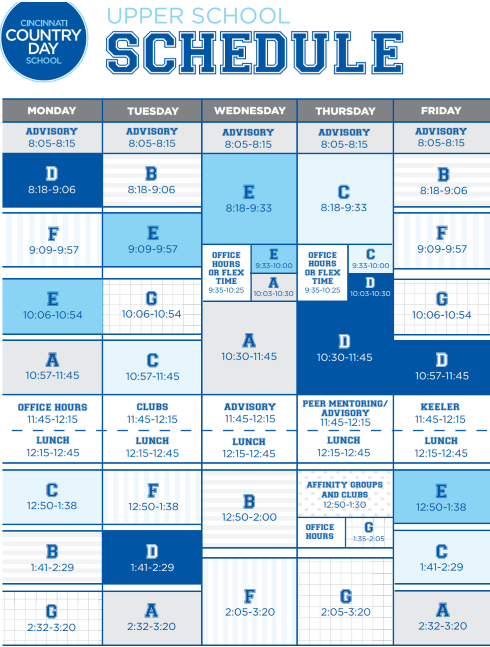By Will Abbottsmith ’15, Contributor
Technology is inevitable in our modern world- it gives us the ability to do things faster, be more organized, and be only a click away from talking to anyone, anywhere, at any time. The possibility for technology increasing our productivity is very apparent; but does it actually do so? When looked at from an outsider’s perspective it seems that technological integration with education would turn us all into organized and productive super-students, however this is not always the case, and from being personally surrounded by the myriad technology at CCDS, I can attest that it is oftentimes more a distraction than a force-multiplier.
But how can immediate access to information and communication make people less productive? Simple: it opens us up to distraction. Walk into any CCD classroom, and you will likely see a few screens of Canvas Rider (www.canvasrider.com) or Facebook up amongst the students. Look in any CCD student’s Outlook mailbox, and you will probably see conversations carried out during class times about things not related in any way to the material being discussed. But can we be blamed? We are, after all, acting on instinct. As humans we are more inclined to do something that provides immediate satisfaction (i.e. beating an online game) than something that would provide benefit later on, like paying attention in class.
But it’s not just games that distract us. How many times a day do you check your email inbox? The way our CCD computers are configured, we don’t even have to check! We get a sound and a notification box, no matter what we’re
doing. Allowing people to have access to you at all times is not the key to being more productive. Most times, it only serves to allow interruptions to keep you from concentrating on the task at hand.
Still not convinced? An experiment done at King’s College in London had participants take IQ tests while affected by several different variables. The group that was distracted by emails and phones scored an average of 10 points less than the control group, or the mental equivalent of missing a whole night’s sleep, and an average of 6 points less than the group that had smoked marijuana. This is not a minor problem. Checking email 10 times a day and letting everyone consume your time is not practical, or scalable in any way. Even in the technological world of Cincinnati Country Day, removing yourself from the distractions provided by your computer may be the key to better productivity and less work time.
I’m not saying you should stop bringing your computer to class, and refuse to email anyone at all. Moderation is the key here. Maybe you bring your computer to class but you turn off email notifications and wifi while keeping only the necessary programs open. Try only responding and checking emails or notifications once a day, at a set time. Notice how the world doesn’t end. Your goal is to free yourself from being tied down by communication that isn’t face-to-face, and subsequently get more done in less time. Who knows, maybe you could even have time for a game of Canvas Rider.
Photo by Ilana Habib






